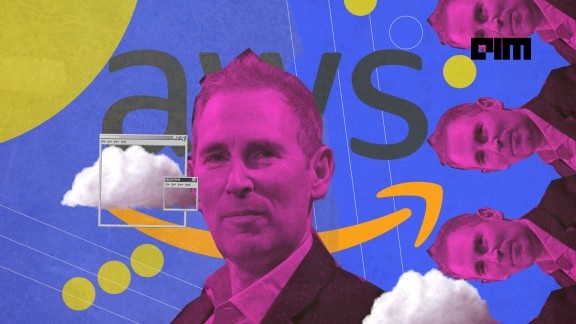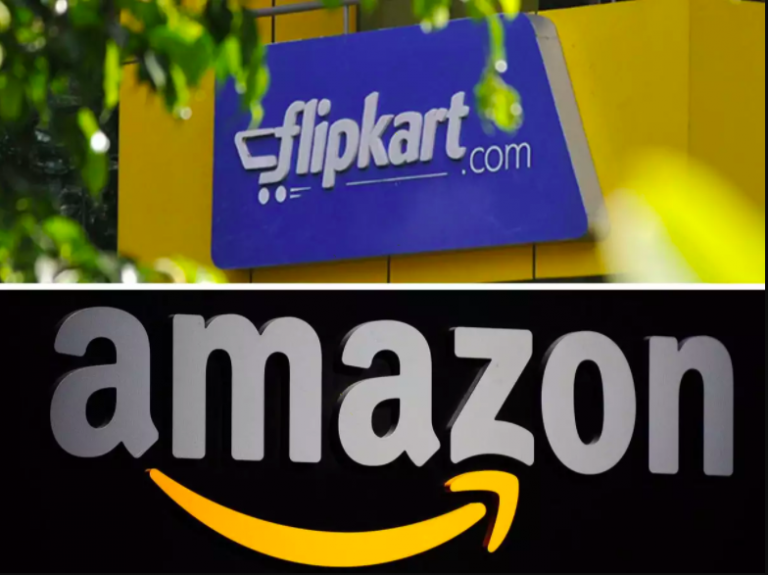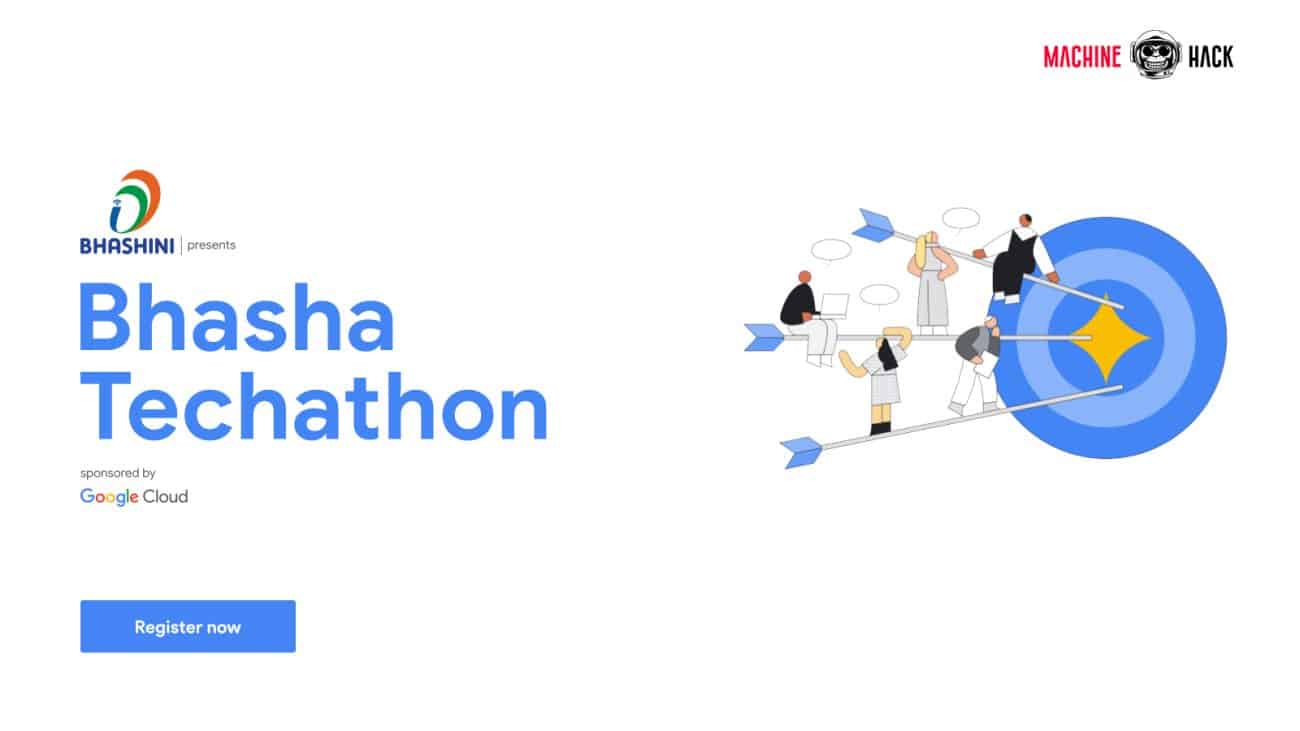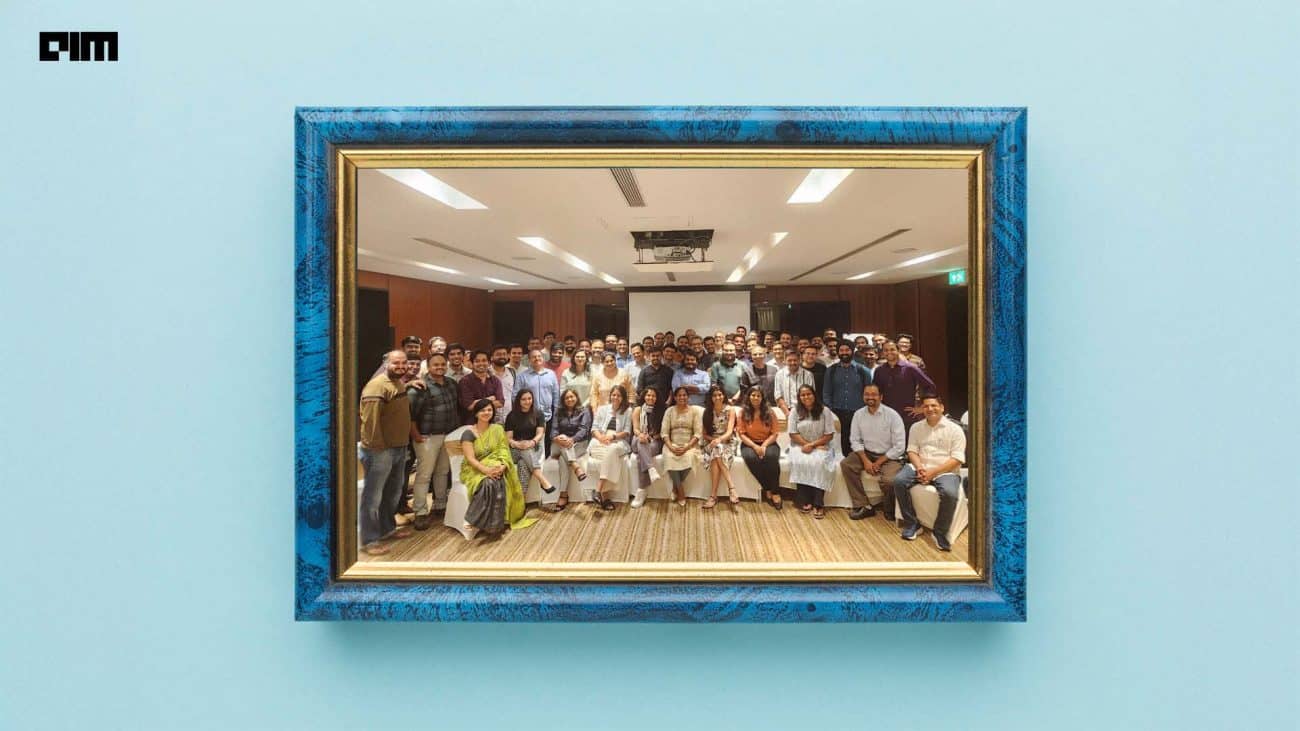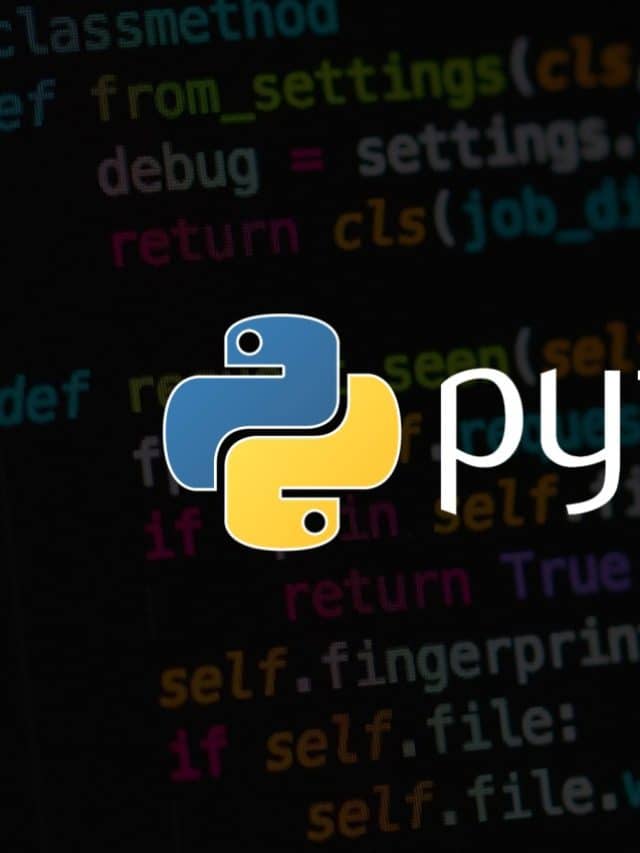In 2020, Amazon Web Services suffered a major effect on several websites and apps and took down a large portion of the internet. As per media reports, Amazon noted that the issues affected one of its 23 geographic AWS regions. However, this outage brought a chunk of the internet to its knees.
This is not the first time such an incident has happened. In 2017, AWS was affected by a four-hour outage. Several servers that were part of AWS S3 went down, taking many websites along with it. This happened due to a small typo but managed to cause a temporary dent in the internet-verse.
Many organisations have openly spoken about their heavy dependence on the public cloud and AWS in particular. Even minor outages in these services threaten to disrupt the entire internet ecosystem, presenting a very threatening situation.
Creme de la Creme among AWS’ clientele
Streaming website darling, Netflix’s fortunes have quintupled in the last five years, and its customer base has increased to a whopping 214 million users. For a company scaling up at such speed, Netflix has revealed that it depends heavily on AWS, admitting that it runs a ‘vast majority of its computing on AWS and uses it for services like data processing, storage, and others. AWS has allowed Netflix to build a huge empire of video based on low-cost resources.
Top en AWS users based on EC2 monthly spend (data from Intricately)
However, on the flip side, any outage or even a minor breakdown in AWS could send Netflix into a spin. In its filing in 2021 with the US Securities and Exchange Commission (SEC), Netflix said that any disruption or interference with the use of AWS could severely impact the company’s operations, thereby causing some major damage to its business.
Not just Netflix, AWS hosts the digital drug-design tools that eventually led to developing Moderna’s COVID-19 vaccine. Moderna’s Drug Design Studio sits in the AWS Cloud, allowing scientists to access public and private libraries containing all the messenger RNA and thousands of proteins they produce. It has helped the company improve sequence design and production processes, thereby improving the way scientists gather feedback.
In 2019, Amazon entered into a partnership with America’s professional Football team, Seahawk. The team’s management moved away from its previous vendor Microsoft Azure to sign a five-year contract with AWS.
AWS’ other popular client is The Seattle Times, which has a readership of 7 million and serves in areas like Seattle, Washington, and the Pacific Northwest. The website has been using AWS since 2015.
Overdependence?
Public clouds offer a host of global benefits for companies, including flexibility, accessibility, savings, and scalability. Four major public cloud vendors dominate the market currently, namely AWS, Microsoft Azure, Google Cloud, and Alibaba. While the latter three clouds collectively account for 63 per cent of the market, AWS alone commands 31 per cent of the global cloud infrastructure.
AWS was launched in 2006 and in a way heralded the beginning of the cloud computing era. A 2006 New York Times article said that the internet was entering its ‘Lego era’ and fundamentally changing the economics of opening a computer-based business. Earlier, businesses would spend 70 per cent of their engineering time and resources on building data centres and maintaining basic infrastructure software. Only 30 per cent of the effort went towards developing new products. AWS flipped that ratio. Because of AWS, app-based startups could be developed.
The importance of AWS towards its parent organisation Amazon, its consumers, and the global internet ecosystem cannot be overstated. For Amazon, AWS is a cash cow that made up 59 per cent of the company’s $22.9 billion profit (before interest and tax) in 2020. Interestingly, AWS accounts for just 12 per cent of Amazon’s revenue. On a more general term, AWS has revolutionised the economics of web-based businesses by creating a $300 billion cloud computing industry. From large companies to government agencies and small startups, all use some form of cloud computing.
AWS stronghold of the market has not gone unnoticed by market watchers. The US’ House Judiciary Antitrust subcommittee submitted a report in October 2020 on tech monopolies. The report noted that Amazon had grown to become a dominant force in the online retail market and has monopoly power over third-party sellers on its marketplace.
Reporting on AWS’ position, the subcommittee found that AWS sought to build its leadership position and kept existing customers from going to other vendors. Another major reason for alleged vendor lock-in is that AWS is built on open-source projects like Elasticsearch and MongoDB that compete with companies that built these software projects in the first place. “If they ever wanted to switch to another provider, they would have to extensively re-engineer their product in another software, whereas, had they built their application using MongoDB — on AWS or any other cloud provider’s infrastructure — their applications could move to other platforms,” the report said. Amazon has disputed the lawmakers’ findings.
All said one cannot take from the fact that AWS penetrates our daily lives so much that we would more than just notice if and when it stops working.


